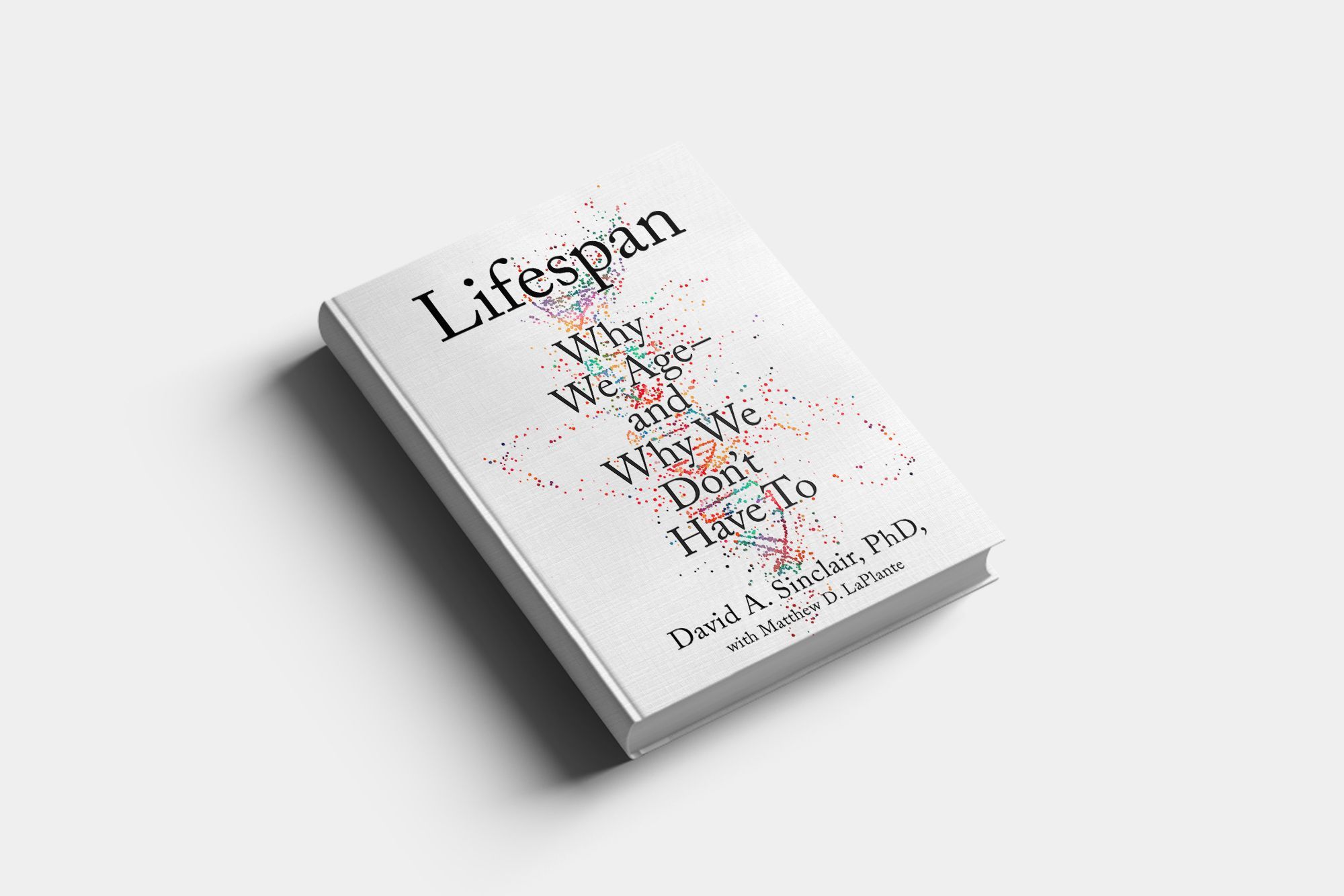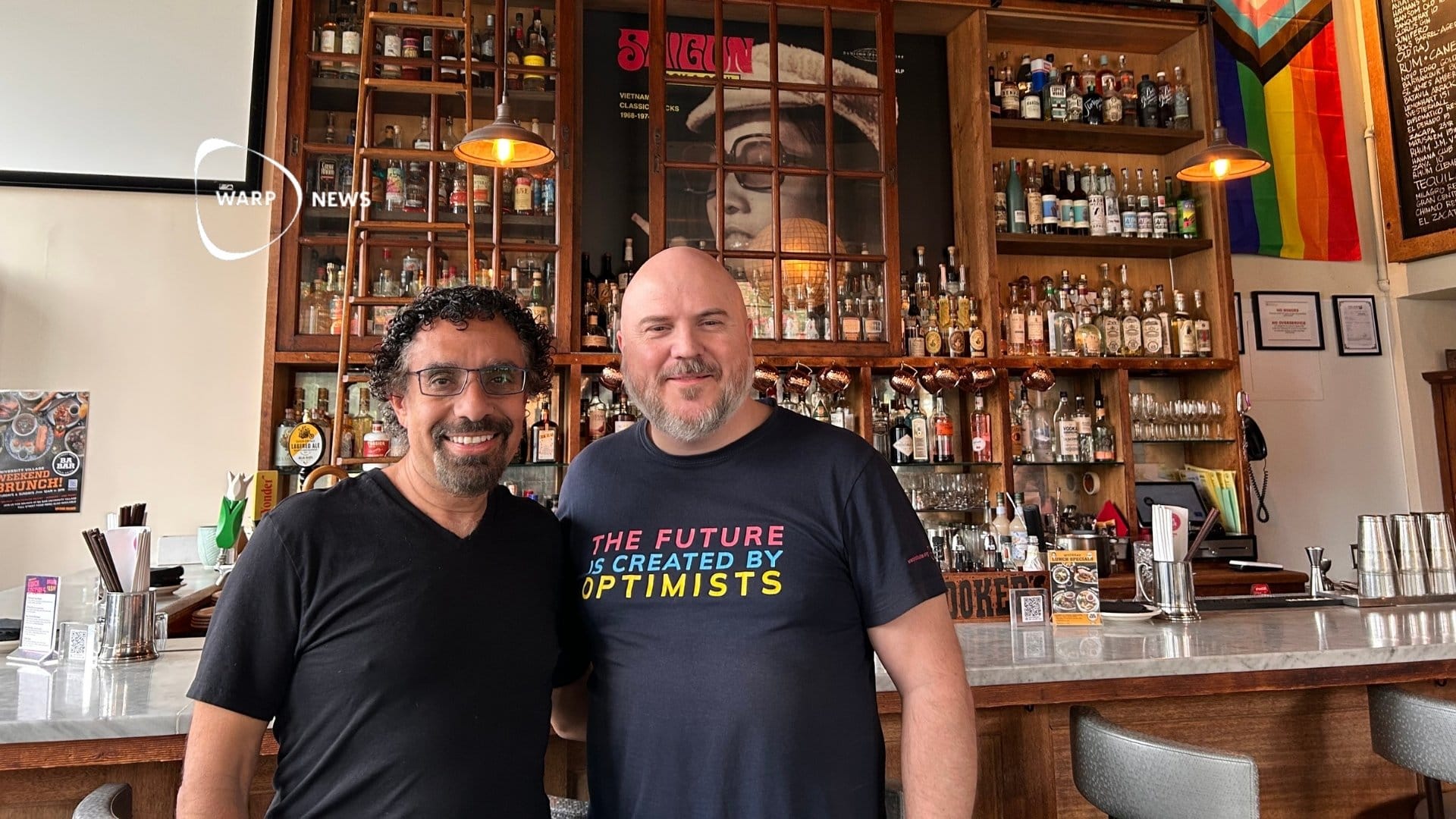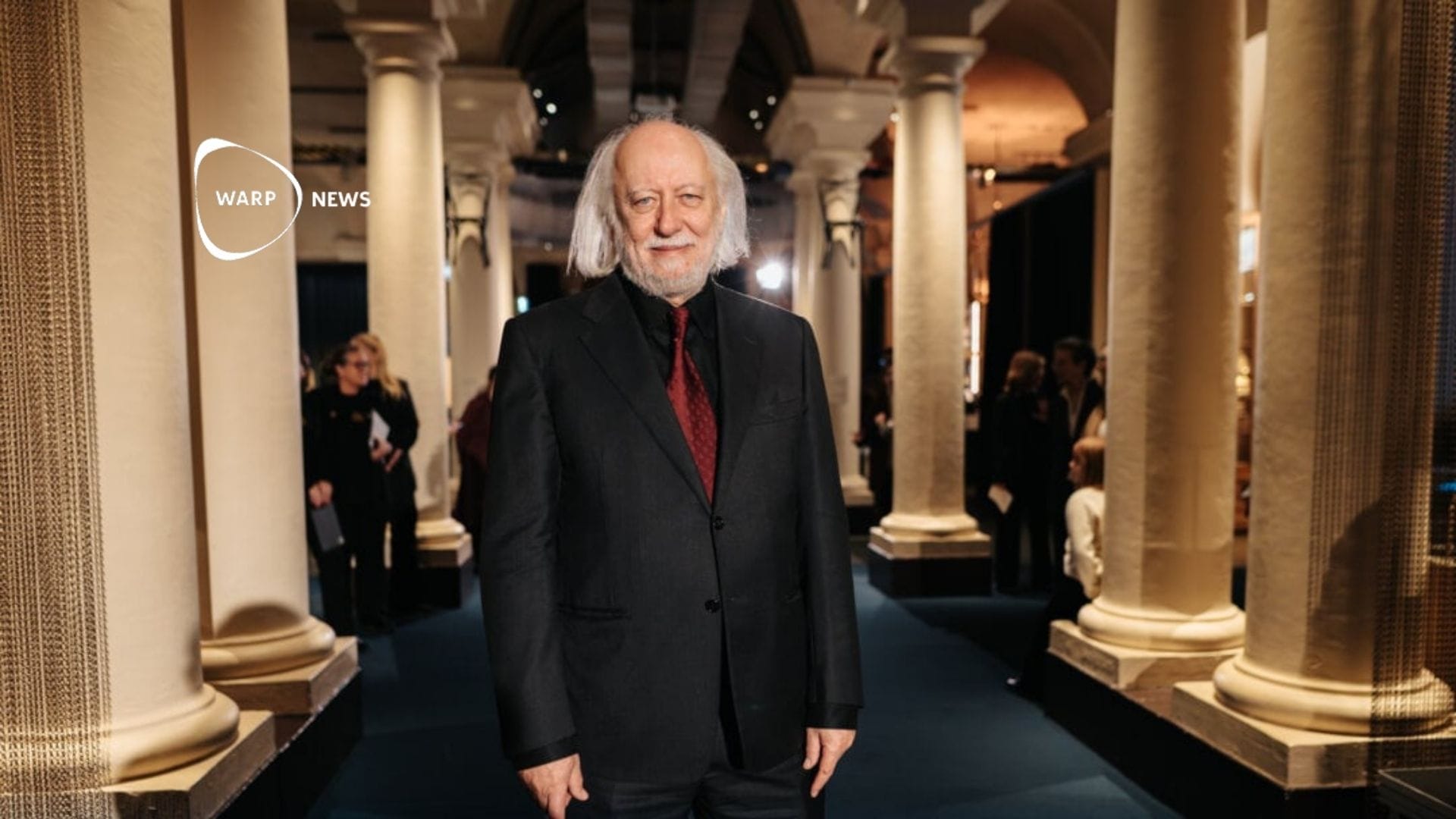
👴🏻 This is how I will live to be 122 years old - at least
I'm going to try to live to the age of 122. Then I think and hope that we have achieved a breakthrough that will allow life to be extended even further. It's not science fiction, the breakthrough is close, says David Sinclair, professor of genetics at Harvard.
Share this story!
I'm going to try to live to the age of 122. Since I was born in 1978, I am turning 122 years in 2100. It would be neat to experience a third century.
However, it would be sad to toast a new century and then shortly after kick the bucket.
But maybe I don't have to.
Longevity escape velocity 🚀
I think that there is a good chance by then that we will have come so far that we have reached longevity escape velocity, and I can live on.
This means that your life expectancy is extended as quickly or faster than the time that passes by. For each month you stay alive, your life expectancy is extended by at least one month.
I have a plan to cope with the next 80 years, and to my assistance I have David Sinclair. He is a professor of genetics at Harvard and author of the book Lifespan: Why We Age Why and Why We Don't Have To.

Before we get into my plan, we need to find out why Sinclair thinks we can reach escape velocity at all, and why it can happen in the next decades.
During the 20th century, women in level 4 countries have come about a quarter of the way. For every four years of life, they have added one year of life expectancy. In four years they have only become three years older.
So three quarters left.
Professor Sinclair's critical insight is that aging is not inevitable. Aging can be slowed down, stopped and even reversed, he says.
What if we didn't have to worry that the clock was ticking? And what if I told you that soon — very soon, in fact — we won't? Well, that's what I'm telling you.
There is an important reason we age – perhaps the single most important reason – and that is an increasing loss of information. If we compare our body with a computer then the genome is the hardware. The software is the epigenome. It instructs a new cell to what kind of cell it should be and what function it should perform. This is where we begin to lose information over time.
That's why hair turns gray, the wrinkles start showing and the hips begin to ache.
He compares us to a DVD. From the beginning it plays its content perfectly, but over time it gets a few scratches, then many scratches and in the end it is unusable. But if we don't let it go too far, we can use a polish to repair the disc.

Have we found life's DVD polish?
It is this polish for the human body that David Sinclair devotes his life to finding - and he believes he has.
In 2006, Japanese researcher Shinya Yamanaka announced that "mature, specialised cells can be reprogrammed to become immature cells capable of developing into all tissues of the body." This is stated in the motivation for the Nobel Prize, which was awarded to Yamanaka in 2012.
Sinclair believes that we can use this knowledge to restore not only a few cells in a laboratory, but our entire epigenome. Cells that perform faulty tasks are restored to their original function.
For example, at the age of thirty we could receive a treatment, which we can then "turn on" at the age of forty.
"Gray hair would disappear. Wounds would heal faster. Wrinkles would fade. Organs would regenerate. You would think faster, hear higher-pitched sounds, and no longer need glasses to read a menu. Your body would feel young again."
Does this sound like science fiction, like something far into the future? It is not, Sinclair says. He writes in the book how every week in his lab they show this in mice. Translating it to people is difficult, but progress is fast.
"The pace of discovery is mind spinning. A full night of sleep for me and my lab members is increasingly rare."
Of course we don't know how long it takes to reach the breakthrough. More and more people are working to classify aging as a disease, which will result in a lot more resources being invested in the area, they believe. Anyway, personally I hope we reach this breakthrough in the next 80 years.
But it does mean that I have to get through these years intact and alive. How?
While I wait for the breakthrough, how can I manage another 80 years?
122 years by myself is very difficult to achieve. During our time here on earth, we have more than doubled our lifespan. From around 30 years until today 72 years, on a global level and even higher in many countries. Especially in the last decades, things have been going fast. In 1950, we lived on average only 46 years.
But even though the average lifespan has increased, the maximum lifespan has not done so to the same extent. The number of hundred-year-olds has grown from just over 30,000 in 1950 to over half a million today. But of these, only 0.1 percent reach 110 years and almost no one reaches 120 years.
It seems that the upper limit for us is somewhere around there. In other words, I will need help and Sinclair points to several developments that can add healthy years to our lives.
Some I can do by myself. The best way to extend one's life is to eat less often. Intermittent fasting (for example, only eating for six out of the 24 hours of the day), exercise that gets the pump going once a day and being cold are three things that increase the chance of a long life. Being hungry and cold… even if it does not prolong life, it will definitely feel that way.
This gives us ten extra years, says Sinclair.
Body monitoring with wearables and other technology together with DNA monitoring gives another ten years.
Molecules that trigger our survival circuit can give another eight to 32 years. Let's say eight years then. (In this interview , he explains what the survival circuit is.)
Using Yamanaka's DVD polish for our body can add many decades, but to stay cautious, Sinclair says ten years.
That together gives 38 extra years.
As a bonus, I'll add eight years myself. Optimists live longer than pessimists. Should we call it the Warp bonus?
As a white male, 42 years old living in Sweden, I can expect to live for 86 years. If I add the 38 years I end up being 124 years old. With the Warp bonus, 132 years. A few more years than I need, but a little margin of error is probably pretty good in this case.
We will look back and marvel that we saw aging as inevitable
Whether David Sinclair is right that this breakthrough will happen very soon is yet to be seen, but there is hope even in a completely different track. The powerful development of technology could allow life to be digital and we wouldn't have to walk around in a meat suit. But that is a topic for another article.
When we toast in the year 2100, we will no longer see aging as something inevitable.
There will be a clear before and after, like so much else in human history. Before and after we thought the earth was flat. Before and after we could fly. Before and after we understood that we have to wash our hands before surgery.
We will look back and marvel when we thought aging was something we could do nothing about.
Thanks to Victor Bjork for fact-checking and commenting on the article before publication. Viktor is a researcher and activist in anti-aging research. He is currently raising money for a project in longevity. Please check it out!
By becoming a premium supporter, you help in the creation and sharing of fact-based optimistic news all over the world.


